Social media offers many benefits to users, from the ability to connect with business contacts to social interaction. But, excessive social media use can also have negative effects on our lives, especially our mental health. We take a look at 21 worrying truths about how social media platforms can negatively affect our well-being:
Harmful Comparisons
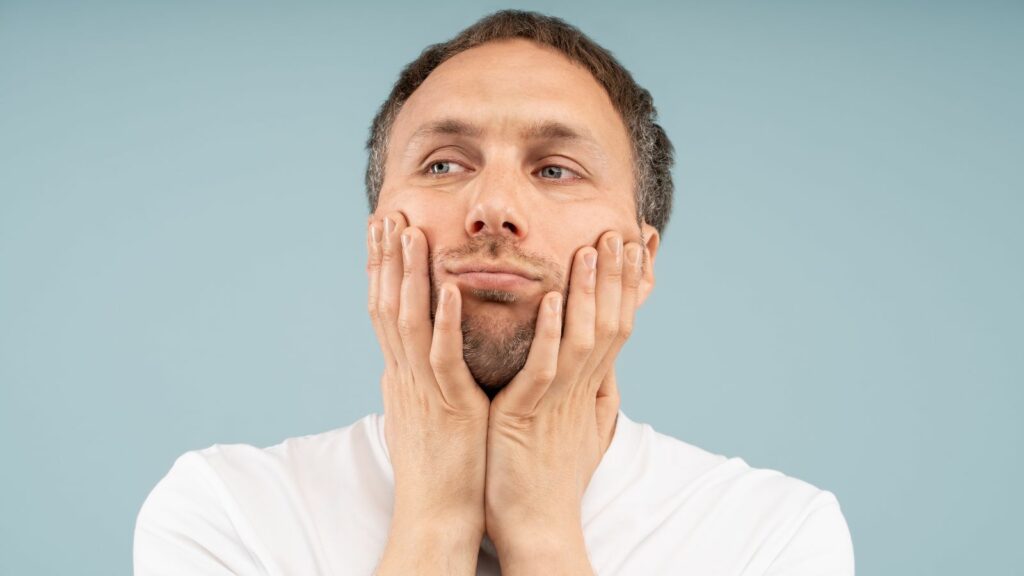
Social media platforms offer spaces where people can post highlights of their lives and share their success with friends. Sometimes it’s fun to see other people’s successes, but comparing yourself to others can lead to feelings of inadequacy and self-doubt, and diminished self-esteem, when the reality is other people’s lives aren’t always perfect.
Fear of Missing Out (FOMO) Causes Anxiety

The fear of missing out is heightened by social media, where users are bombarded with posts about parties, vacations, and events they weren’t invited to. If people are constantly in fear of missing out it can create a constant sense of inadequacy that your life isn’t as good of others, rather than focusing on the things that you can do to enjoy life.
Doomscrolling Induces Stress

Endlessly consuming negative or distressing news on social media has become a common habit for many. Doomscrolling can make you feel constantly worried about the world around you, leaving you in a negative state that stops you enjoying life.
Cyberbullying Impacts Emotional Health
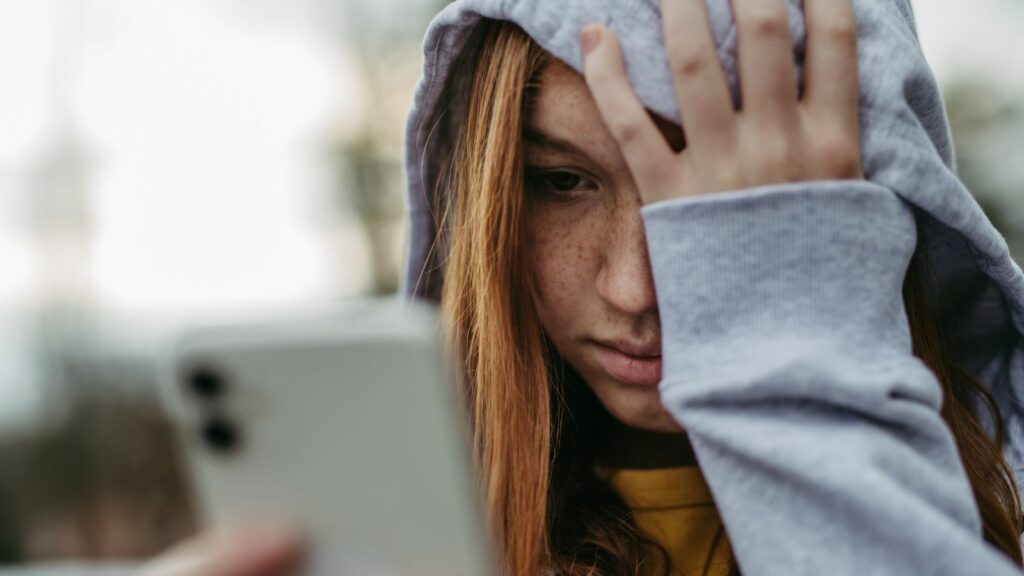
Unlike traditional bullying, cyberbullying follows individuals into their private lives, invading their personal space. Being subject to online harassment, through hurtful comments and threats, can have a significant impact on your mental health.
Addiction Disrupts Daily Life

Social media platforms are designed to be addictive, using algorithms to keep users scrolling for hours, often at the expense of rest. Social media addiction often leads to neglect of personal relationships, work responsibilities and self-care routines which can make you feel guilty about the amount of time you’re wasting.
Sleep Disturbances Are Common

The constant connectivity of social media encourages late-night usage, disrupting sleep patterns. Exposure to blue light from screens before bed affects melatonin production, making it harder to fall asleep, meaning you’re susceptible to irritability, fatigue, and a decline in mental health.
Perfectionism Can Lead to Body Dysmorphia
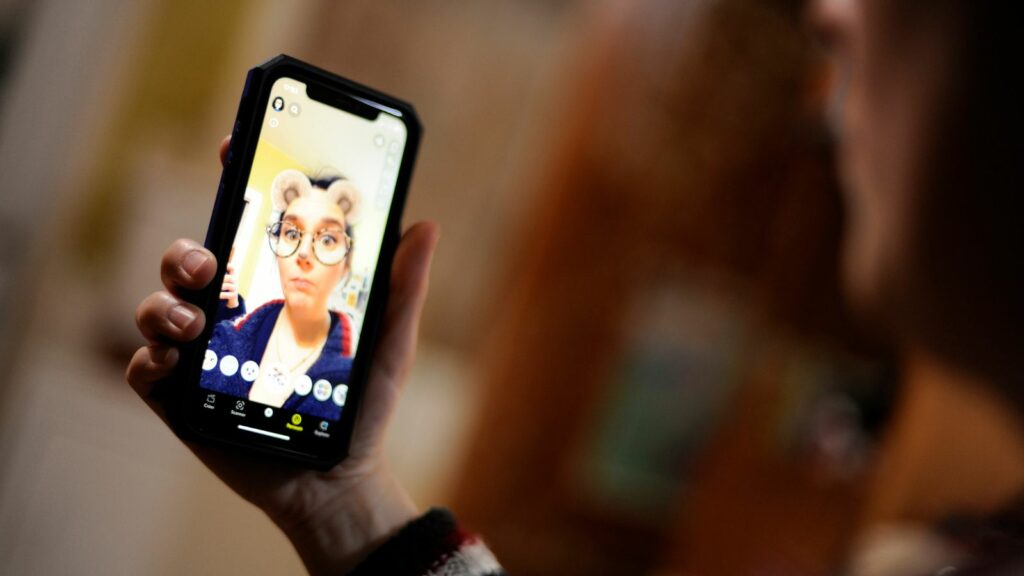
Filters and photo-editing tools create unrealistic beauty standards that flood social media. These images promote perfectionism, leading users to develop body image issues and, in some cases, body dysmorphic disorder, where they obsess over perceived flaws in their appearance.
Overstimulation Overwhelms the Brain

Social media bombards the brain with a flood of information, from breaking news to memes, and personal updates, often too fast for people to keep up. If you become too overstimulated it can lead to mental exhaustion which will make it difficult to stay focused and hit your goals.
Loneliness Increases Despite Connectivity

Despite social media connecting people digitally, it can amplify loneliness even as online interactions often lack the depth of face-to-face communication. A lack of personal contact can leave users feeling emotionally unfulfilled, leaving them as isolated as ever.
Negative Feedback Can Hurt People

While likes and positive comments may boost mood temporarily, negative feedback, criticism, or lack of engagement can sting disproportionately. This imbalance reinforces feelings of inadequacy and causes people to question their worth based on social media interactions.
Echo Chambers Can Cause Polarization
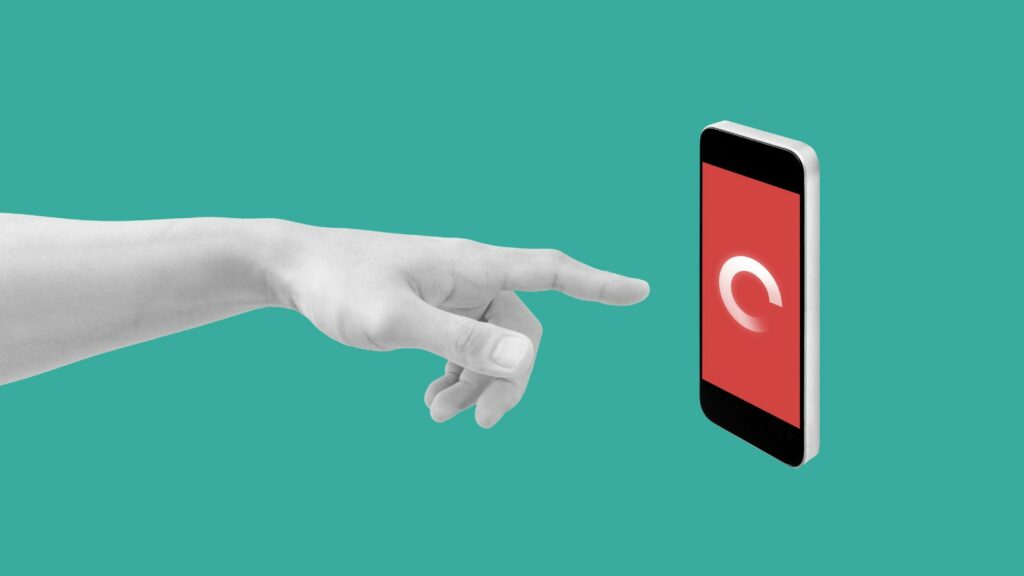
Social media algorithms often reinforce users’ existing beliefs by exposing them primarily to content they agree with. The echo chambers created by social media increase and polarization and make you more closed off to opposing viewpoints.
Validation Becomes Addictive
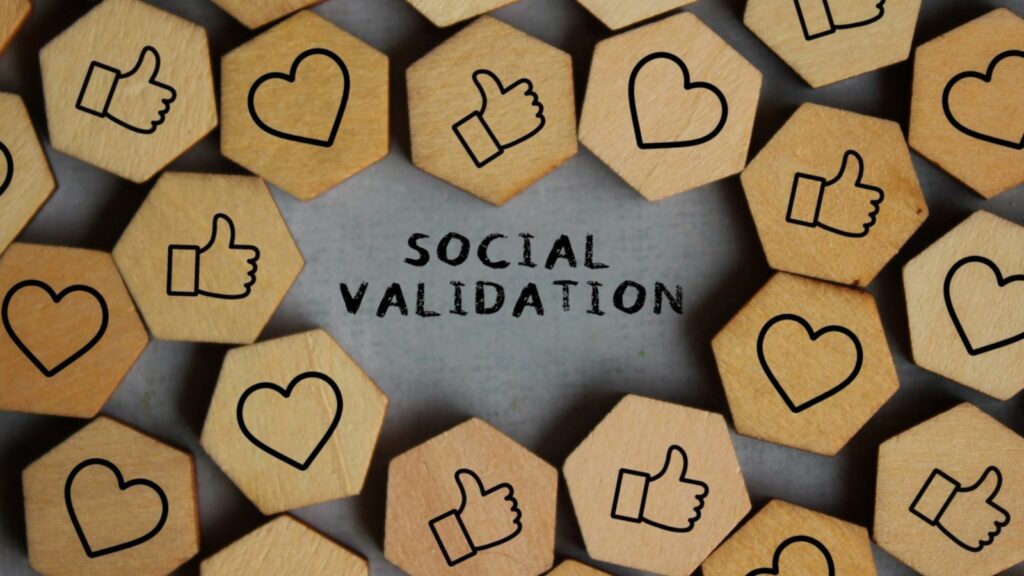
Social media conditions people to seek external validation through likes, comments, and shares. This dependency on external approval shifts focus away from intrinsic self-worth, making individuals vulnerable to mood swings based on their online engagement metrics.
Fear of Being Forgotten Drives Over-Sharing
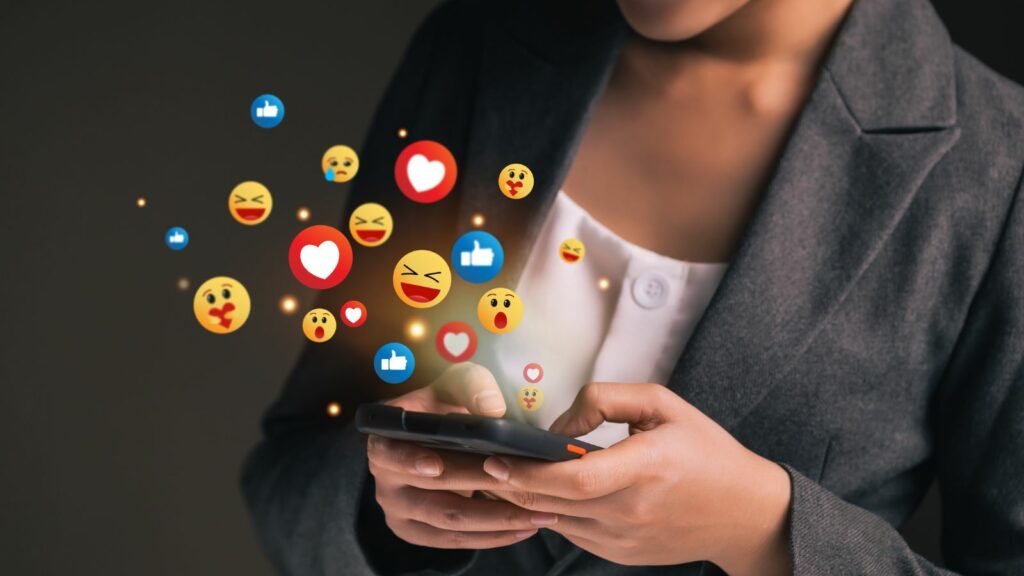
Many social media users feel pressured to post frequently in order to remain relevant and stay visible to their followers. This fear of being forgotten can lead to over-sharing personal details or post things under pressure that you may not be happy with on reflection.
Influencers Fuel Unrealistic Life Expectations
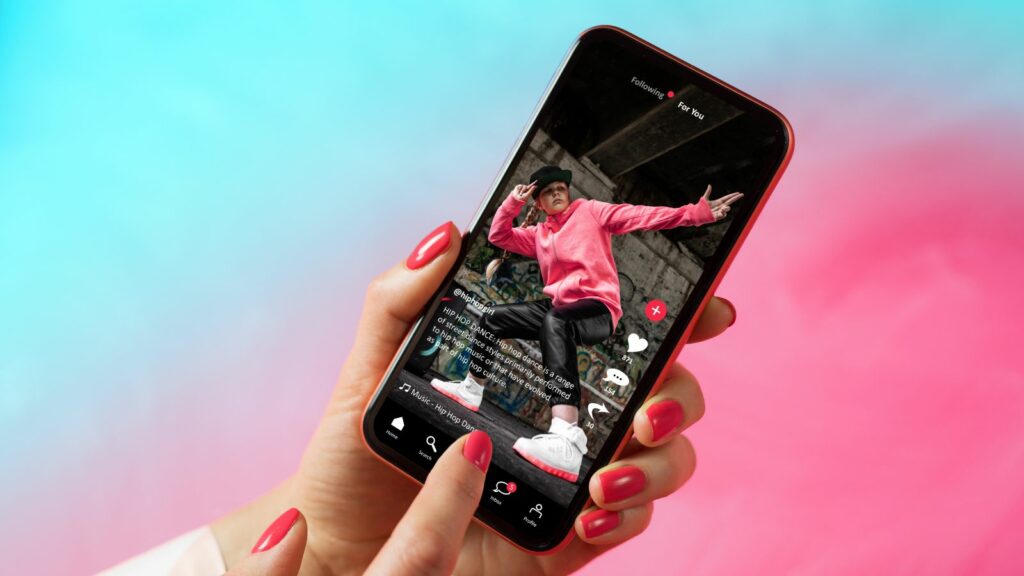
The lifestyles portrayed by influencers often seem glamorous and unattainable, leading followers to set unrealistic expectations for their own lives. Feeling inferior to influencers can lead to feelings of failure and jealousy, which will prevent you from concentrating on your own successes.
The Weakening of Real-Life Relationships

Spending excessive time on social media can erode real-life relationships. People may prioritize scrolling over meaningful interactions with family and friends, leading to weaker bonds, miscommunication, and a sense of disconnection in personal relationships.
Overemphasis on Likes Creates Pressure
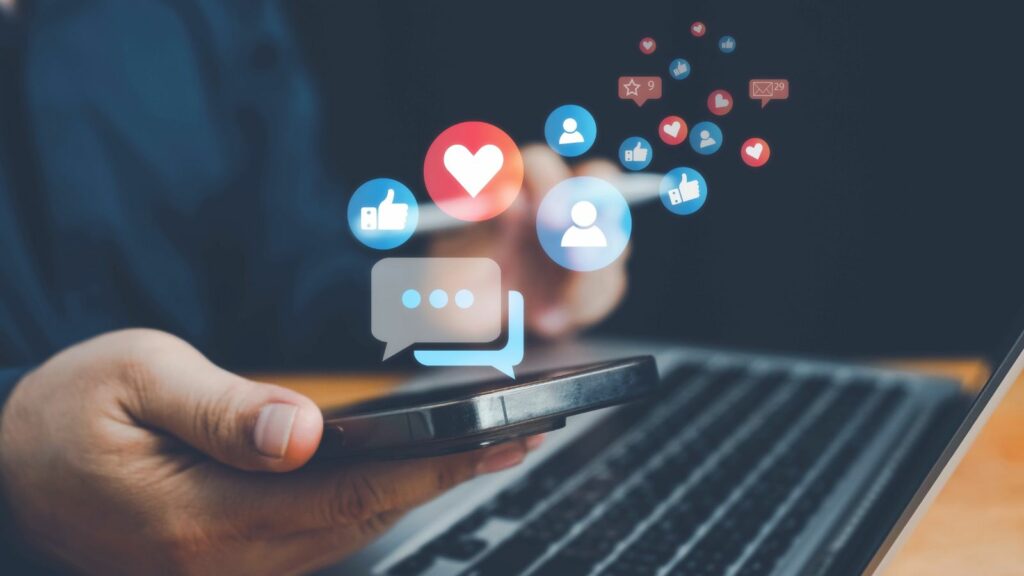
The pressure to receive likes and positive feedback on posts turns social media into a competition, rather than it being enjoyable. Some people feel like they have to curate their feeds with dozens of well-liked posts, often deleting those that don’t have a lot of interaction, which leads to an inauthentic profile.
Fake News Sparks Panic
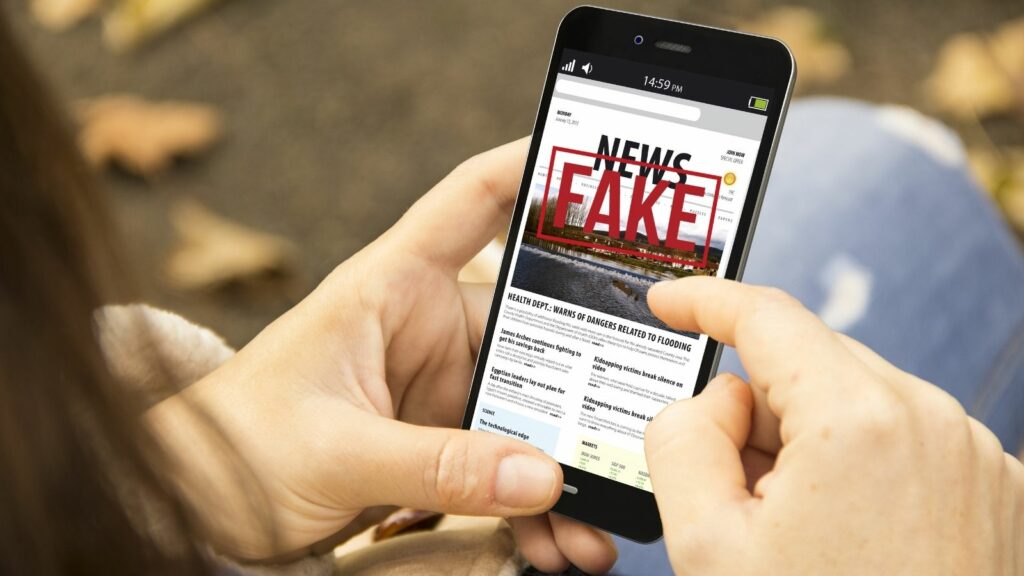
Social media platforms have become breeding grounds for misinformation and fake news, fueling fear and anxiety among users. The difficulty in discerning credible sources leaves individuals vulnerable to unnecessary panic and mental distress.
Trolling Leads to Emotional Harm
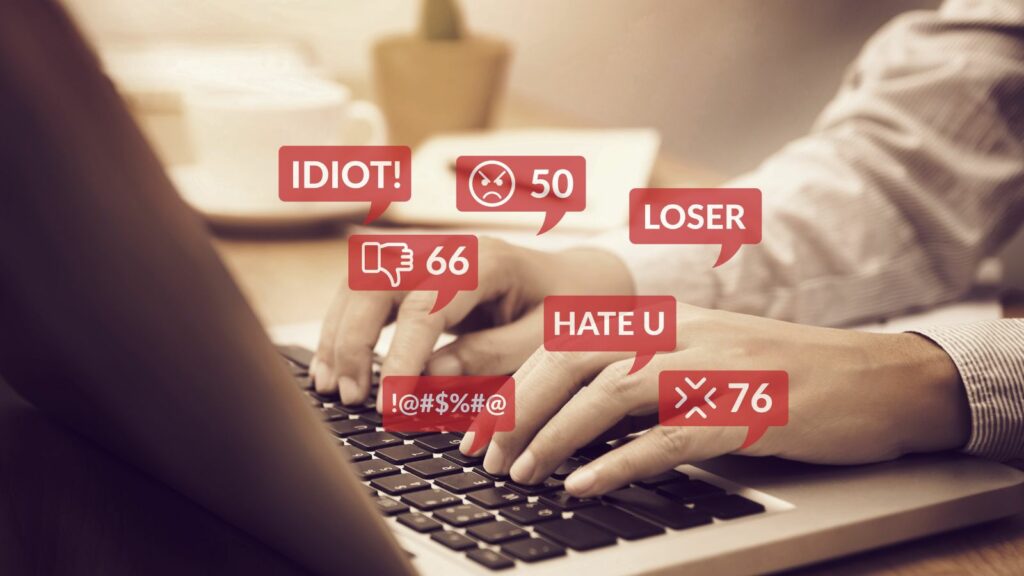
Trolling, or intentionally provoking users with inflammatory comments, is a serious problem on social media. Victims of trolling are left feeling upset and angry and their mental wellbeing can be impacted for longterm.
Privacy Violations Cause Stress

The lack of robust privacy protections on many platforms leaves users exposed to potential data breaches, stalking, or unauthorized use of personal information. When privacy is compromised, it leaves you feeling stressed and mistrusting of online interactions.
Exposure to Tragedies Can Desensitize People
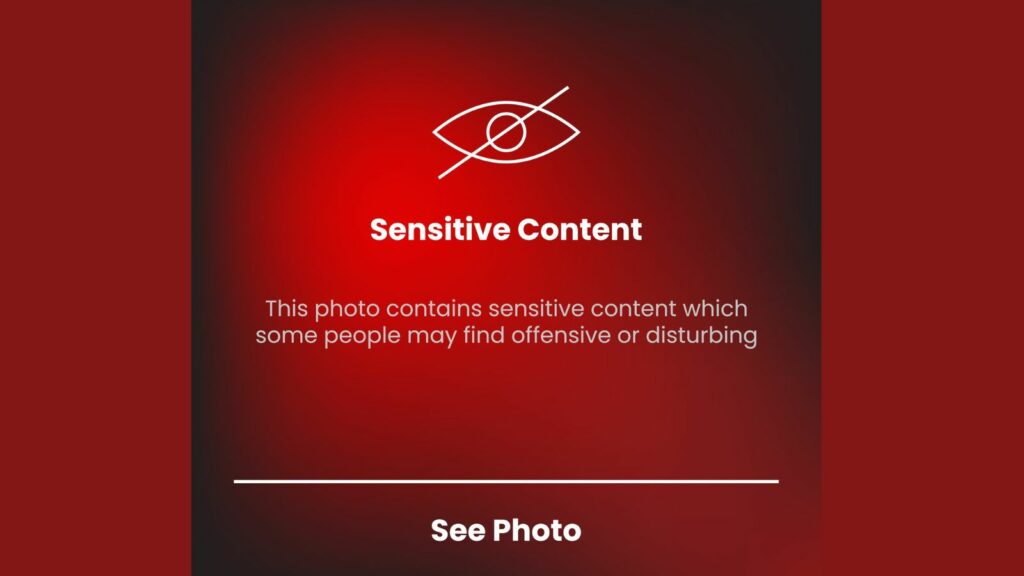
Constant exposure to tragedies, disasters, and violence on social media can desensitize users to human suffering. Alternatively, some people may become overly empathetic, taking on the emotional burden of every tragedy they encounter, which can lead to compassion fatigue and burnout.
Increases the Chance of Depression

Studies consistently show a correlation between heavy social media use and higher rates of depression. Constant exposure to idealized portrayals of others’ lives, combined with feelings of inadequacy and loneliness, can lead to depressive symptoms that worsen over time.
20 Reasons Why Wealthy Investors Are Looking At The Caribbean

The Caribbean has long been known for its stunning landscapes and vibrant culture, but in recent years, it has also become an attractive destination for wealthy investors. The region offers numerous financial, economic, and lifestyle advantages that appeal to high-net-worth individuals seeking opportunities. Here are 20 reasons why the Caribbean has captured the attention of the global investment community.
20 Reasons Why Wealthy Investors Are Looking At The Caribbean
